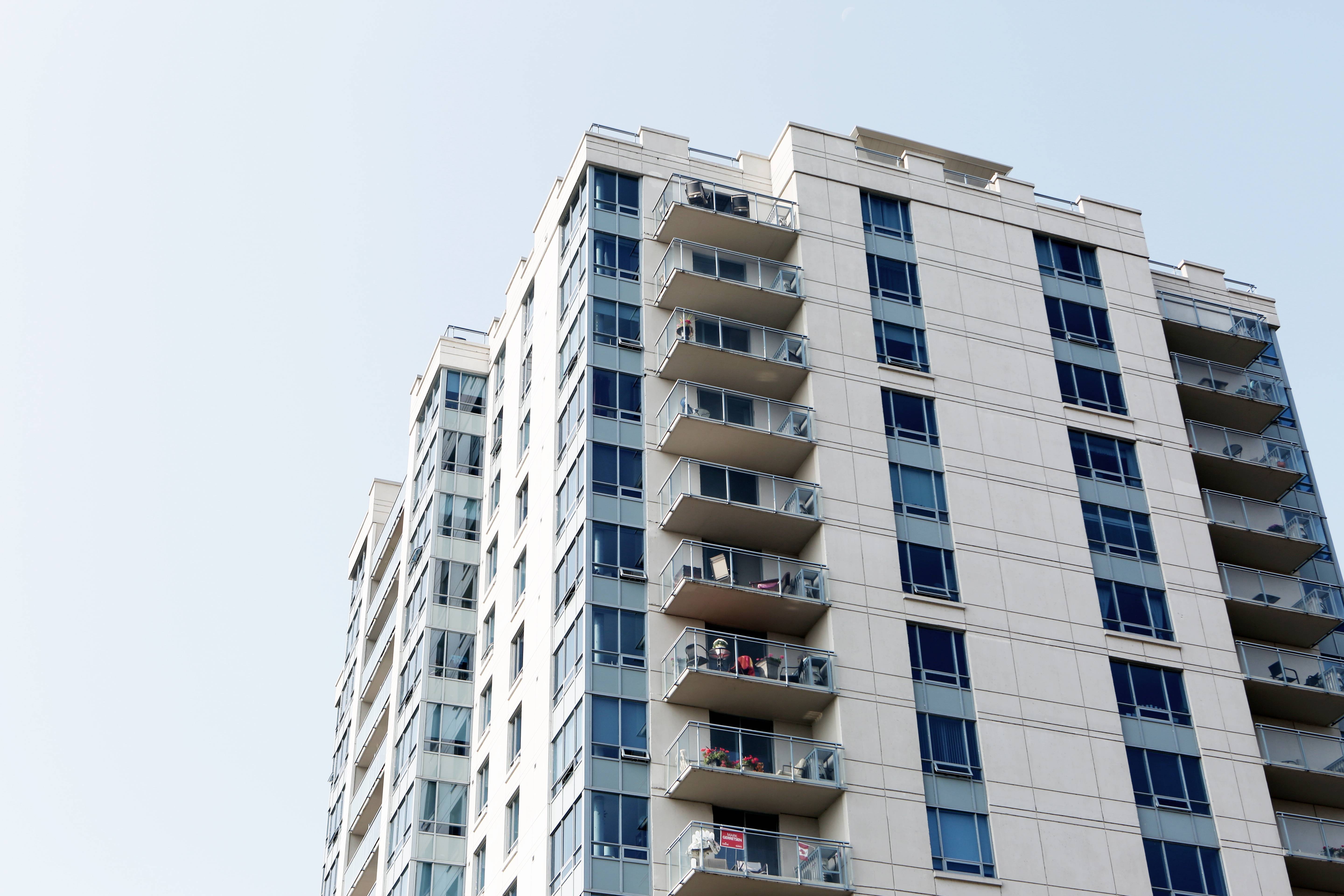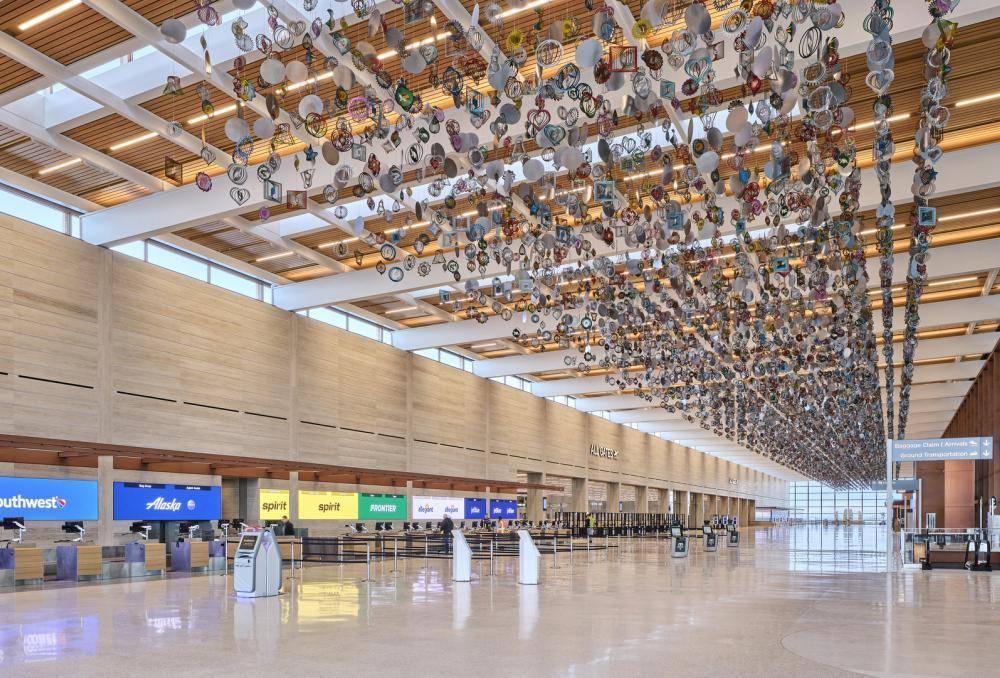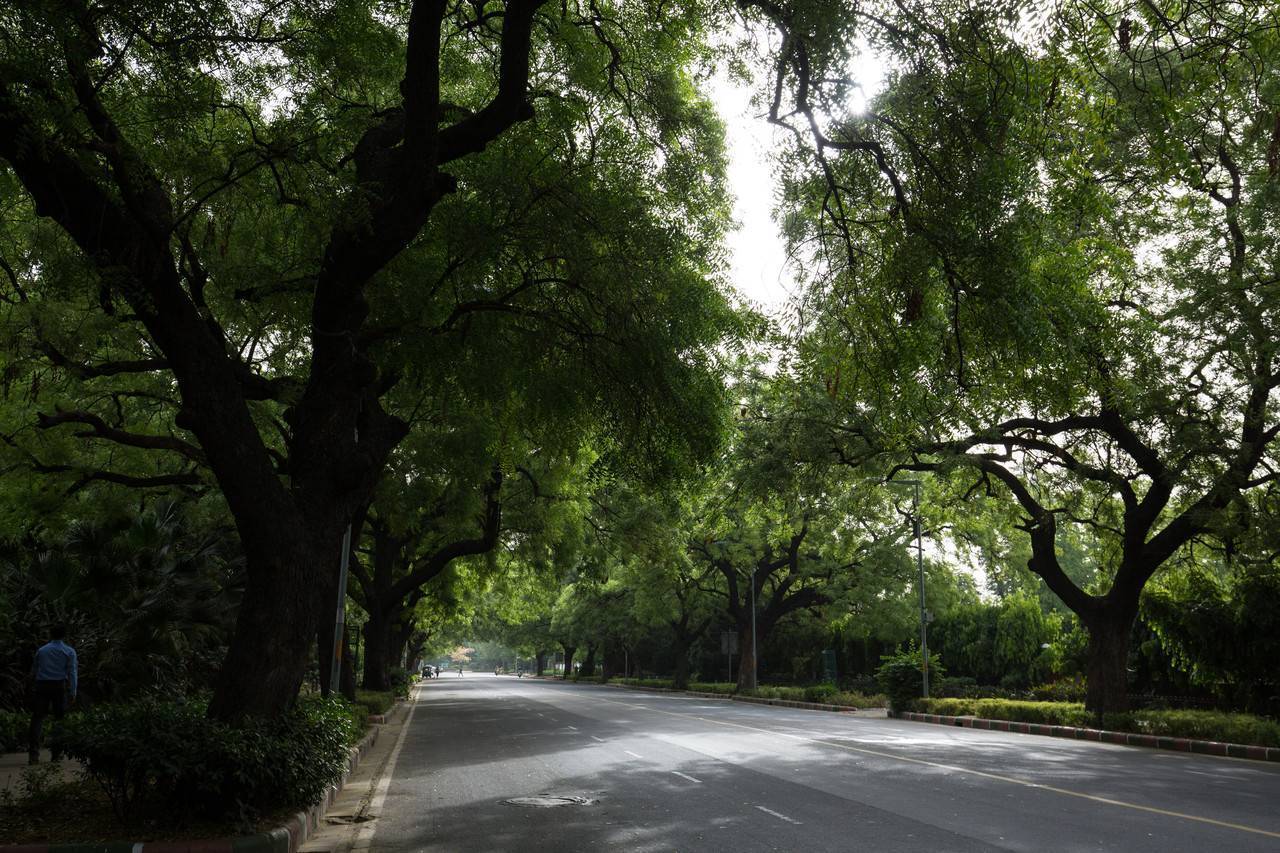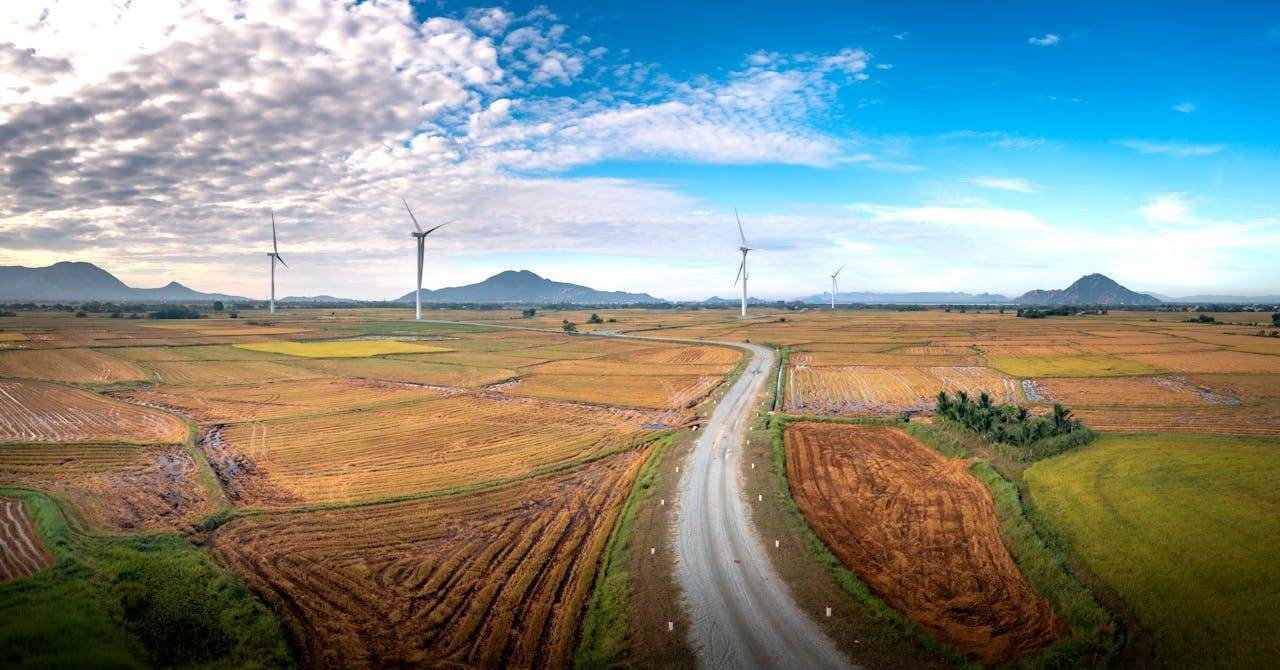The Chintels Paradiso residential complex in Gurugram has been declared structurally unsafe, with demolition ordered for all its towers. The Central Building Research Institute (CBRI) has confirmed severe flaws in the construction, including widespread cracks, corroded reinforcement bars and the use of substandard concrete. This marks the conclusion of a two-year investigation into the safety of the condominium, which consists of 532 flats and had initially been launched in 2012, with possession starting in 2014-15.
Structural Safety Concerns and Timeline of Assessments
The issue of structural deficiencies came to light in February 2022, prompting the district administration to engage IIT-Delhi for an assessment. The evaluations revealed significant construction flaws, and over the subsequent months, multiple towers were deemed unsafe. Towers E and F were declared unsafe in March 2023, followed by Tower G in June 2023, Tower H in July 2023, and Tower J in January 2024. Later in the year, Tower C was flagged in August 2024, and Tower A in October 2024. Finally, in December 2024, Tower B was also assessed as structurally unsound, making the entire complex unsafe for habitation.
Residents of towers D, E, F, G, H, and J have already been evacuated, but around 140 families still reside in Towers A, B, and C. These residents have been urged to vacate immediately to prevent potential disasters, with demolition set to begin in a phased manner to reduce disruption.
Compensation and Demolition Plans
To ease the burden on affected residents, Chintels India has introduced a series of measures. Families in Towers A, B, and C have been offered a one-time shifting allowance of ₹40,000. For those living in Tower B, a buyout option has been proposed, providing refunds based on the current market value of their flats along with compensation for interior costs. The developer has also engaged Edifice Engineering, a company with expertise in handling complex demolitions, to oversee the dismantling of the unsafe structures.
Chintels India has expressed its commitment to rebuilding the demolished towers and has sought cooperation from residents and authorities to expedite the process.
The declaration has triggered mixed responses from residents, many of whom are facing significant uncertainty. One resident of Tower B, voiced his concerns about the prolonged reconstruction process, saying, “At my age, waiting for 5–6 years for a new house is not viable. The developer should buy back my flat at the current market rate so I can move on.”
Meanwhile, another resident who resides in Tower B-304, demanded a more comprehensive solution. “We want the builder to reconstruct the flats in the same location with the same specifications. Until then, the builder must pay us rent at market rates,” he said, highlighting the financial and emotional toll the situation has taken on residents.
The Residents’ Welfare Association (RWA), led by its president Rakesh Hooda, has called for a collaborative approach to address residents’ grievances. Hooda stressed the importance of collective action, stating, “The builder must work closely with the affected families in Towers A, B, and C to secure their agreement for reconstruction and ensure a cohesive plan for the entire project.”
Looking Ahead: The Path to Rehabilitation
The administration has assured residents that the demolition will be conducted in a phased manner to minimize disruption. The process is aimed at preventing further risks while paving the way for rebuilding. However, the timeline for reconstruction remains uncertain, leaving many residents in a state of financial and emotional uncertainty.
The incident has raised serious questions about construction practices and regulatory oversight in India’s real estate sector. As residents cope with the fallout, the broader lesson underscores the importance of stringent quality controls and accountability to ensure the safety and well-being of homeowners. For now, the priority remains on resolving immediate concerns and providing relief to affected families, while laying the groundwork for a safer and more accountable future in real estate development.
Image source: Pixabay









.png)